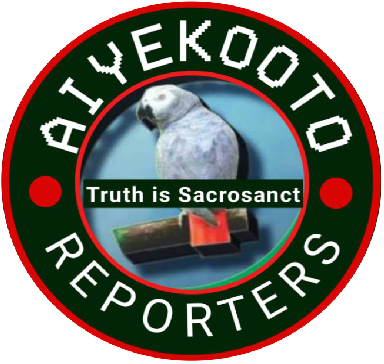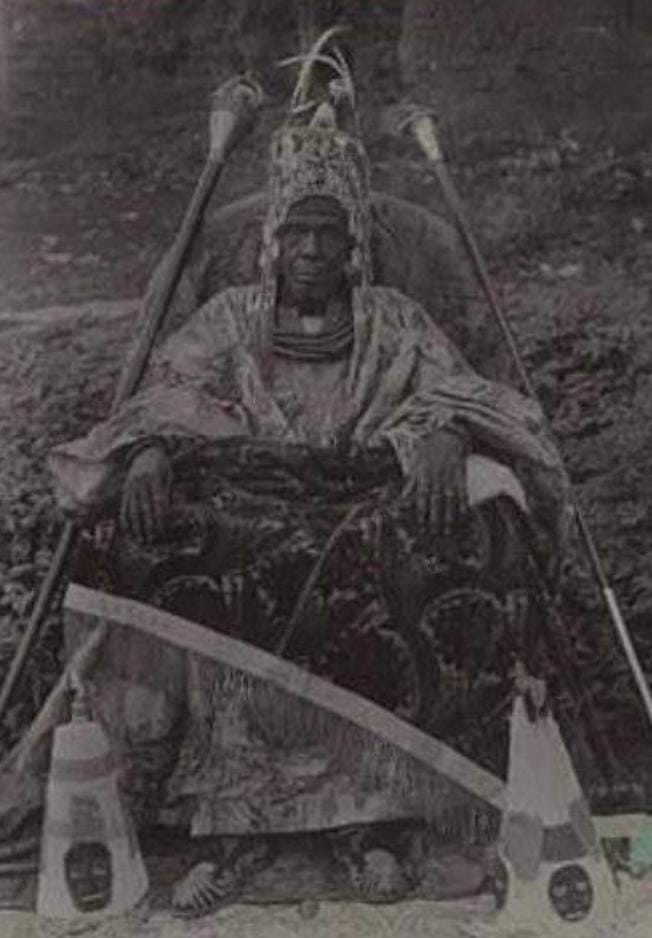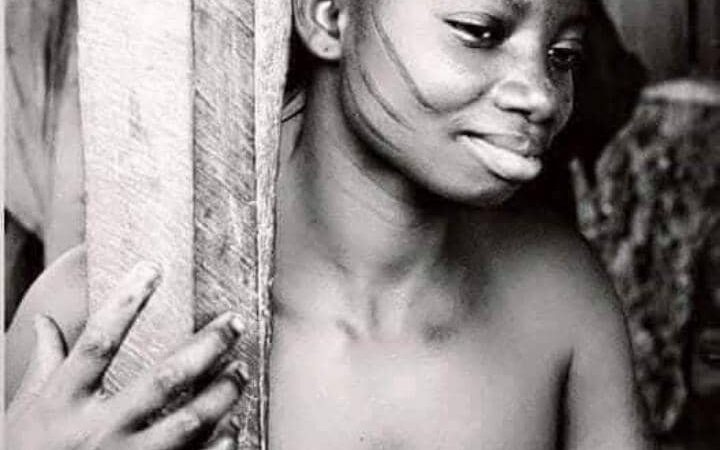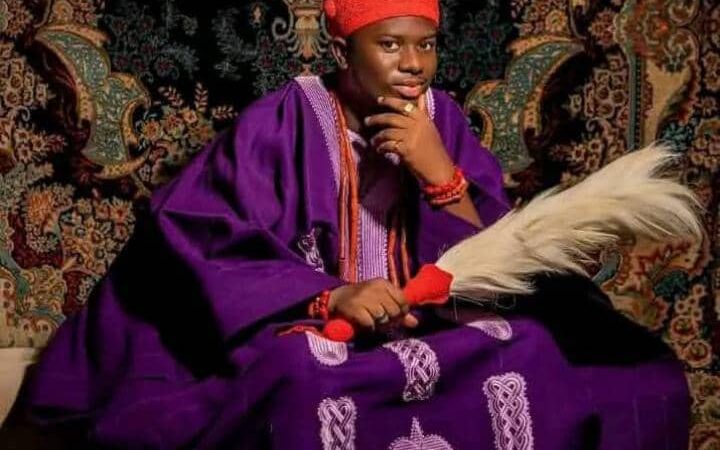The Ondo Kingdom is a traditional state that traces its origins back for over 500 years, with its capital in Ode Ondo.
The history of Ondo-Ekimogun sprang from the Palace of Alaafin of Oyo in the ancient city of Oyo when the wife of Oba Alaafin Oluaso bore him twins (a male known till today as Orere and a female also known as Olu) which is forbidden in the Palace of every Oba in Yoruba land. The then Alaafin of Oyo love the twin’s mother called Olori Olu so much and on hearing the news of the newly born twins, he lamented that this is a mysterious child “Ese-omo-re” which later transform to Osemawe as Oba’s title in Ondo Kingdom.
The Oba Alafin Oluaso ordered that the twins and their mother be taken out of Oyo, he also gave instruction that one stroke of facial mark should be cut on each cheek of the twins as kese or ibaramu mark will cause agony for them on their journey. The single facial stroke mark became an established custom in Ondo town till today. This is how Ondos are referred to till the present moment as “Omo Mula meji si oju s’eye”
The twins were accompanied by the Alaafin of Oyo warrior’s leader called ija or Uja with their mother to a place called Epin in the then Fulani Kingdom. They later returned to Oyo after the death of Alaafin Oba Oluaso in 1497 AD. The new Oba Alaafin Onigbogi also ordered them out of Oyo in 1498 AD with Alaafin warrior leader to the direction of Ile-Ife. They continued the journey until they reached a place called “Ita Ijama” This is how Ondo is referred to today as “Ekimogun ara ita ijama”.
They continued with their journey until they arrived at Epe where Iyanghede of Epe received them with joy and splendours Royal hospitality treatment. This is how Ondo is referred to today as “Omo Mude agogo mu omi”.
After a brief stay at Epe, they continue with their desire to look for a permanent settlement. They arrived at a place which is known today as Ile Oluji, where Olori Olu (Alaafin wife) slept for days and did not wake up (Ile ti Olu sun ti ko ji). After another short stay, Olori Olu and Princess Olu the female twins left the town with one Ogunja from Epe, leaving Prince Orere behind at Ile Oluji. They continued their journey until it ended at the foot of a hill known in Ondo to the present day as Oke Agunla. This is how Ondo is referred to today as “Opon inu odi Ogunja.”
At the hill, they spotted a smoke rising from below and followed that direction down the hill and saw a man who simply identify himself as Ekiri neither a farmer nor hunter but a lost warrior from Ado Binni (now Benin City) who could not trace his journey back to his origin but decided to stay back at that particular spot where he was located through a smoke rising in the air with no wife or children. He lives in a Hut (Awue – re do mi) which he eventually vacated for the Royal Princess as a mark of honour.
The man (Ekiri) later led them to a particular ground known till today as Oriden where they tried to stick their yam stake prove futile as instructed by an Ifa Oracle before they left Epe. They were all happy and exclaimed “Edo do, Edo du do, Idi edo” which finally transmitted to Ode Ondo during the ancient days. Princess Olu, the female twins also known till today as late Oba Pupupu finally became 1st Osemawe of Ondo in 1516 AD while Prince Orere the male twins also became the 1st Jegun of Ile Oluji.
The other historical Royal mark is cut onto the right breast of the descendant of past Osemawes from both male and female lineage with prestigious birth right to Otunba title as known and practiced till today. The Royal families and Otunbas title bearers in Ondo Kingdom are headed by Olotu Omo -Oba (Lotu Omo-Oba-in-Council) with official quarter at Oke-Otunba and its environs.
The Ondos are known to be traders, farmers or produce merchants. Their staple food is iyan (pounded yam) made from yam. The Ondos have their own peculiar dialect aside the regular Yorùbá language
It must be noted however that Ondo emigrants settlers also founded many towns like Igbado, Igbindo, Ajue, Igburowo, Odigbo, Oro, Imorun, Ilunla, Erinla, Igunshin, Araromi, Araromi Obu, Ajebandele, Agbabu, Oboto, Bolorunduro, Fagbo, Tekuile, Owena, Oke-Opa, Aiyesan, Laje, Oka and Oke-igbo.









